Riverside Food Pantry: Province 2
A little village called Cape Vincent, New York, with a population of just under 1,800 residents, is located along the banks of the St. Lawrence River, where it meets the shores of Lake Ontario. Situated within its borders is a small, one-story red building that houses the Cape Vincent Community Food Pantry, a site that was purchased, refurbished, and generously donated to the pantry and which opened its doors in December 2018. Originally established and organized during the Ice Storm of 1998 to feed those without power or means of getting supplies themselves, the food pantry has also had homes in both the Methodist and Roman Catholic churches in the village. St. John’s Episcopal Church has always been and continues to be deeply supportive of the pantry in monetary donations, goods, and manpower.
The food pantry owns the building, and its only expenses are for operating costs. Inside there are shelves of groceries in a large storage area in the back, which also sports a raised loading dock—a wonderful plus for deliveries. Supplied for the most part by the Food Bank of Central New York, the pantry also receives weekly frozen donations from nearby supermarkets of items that have “dated out” for fresh sale and have been frozen—meat, poultry, fish, fruits, and vegetables. There are coolers for produce, dairy, and bread products. A separate small cooler holds fresh eggs. Bins hold donations of socks and sometimes seasonal items, such as decorations for give-away.
During the summer and fall, fresh produce is supplied by local farmers. A grant from the United Way helps to purchase personal hygiene items and cleaning supplies. A recent supply of cookie mixes will go to the nearby elementary school, which is still in session. Occasional requests are sent to the area churches when specific items are low, and they are always ready to receive empty egg cartons! And of course monetary donations are always needed and appreciated.
Anyone on any kind of government assistance is eligible to visit the food pantry, and distribution is decided by family size and income. A first-time visitor is never turned away, regardless of where they live or their financial situation. Seekers come from several villages around the area. The pantry staff is not allowed to ask for proof of anything.
During this pandemic, donations have diminished some—mostly out of fear of spreading COVID germs around. What is most surprising to Rebecca Dowling, who manages the pantry, is that, rather than larger numbers of families seeking help, it has been the single elderly residents of the area who have needed the assistance. Government food allotments generally have continued to those already on some kind of federal assistance, while single older adults have had trouble making ends meet and probably have had difficulty getting where they need to go for food and other supplies.
Cape Vincent is a small but mighty village with a large and giving heart. In 2020 the Cape Vincent Community Food Pantry supplied over 11,000 meals to those in need—quite an accomplishment for that little red house. May God continue to bless all who give and all who receive with abundant life and love.

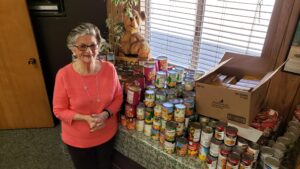 St. Columba’s Episcopal Church in Big Bear City, California, looks unassuming right now. It is quietly nestled into the mountainside, just off the road on the far side of Big Bear Lake. The parking lot behind and uphill from the church often sees critters skitter across…but, at an altitude of 6,500 feet, Heaven is just a bit closer than to the metropolis down the mountain.
St. Columba’s Episcopal Church in Big Bear City, California, looks unassuming right now. It is quietly nestled into the mountainside, just off the road on the far side of Big Bear Lake. The parking lot behind and uphill from the church often sees critters skitter across…but, at an altitude of 6,500 feet, Heaven is just a bit closer than to the metropolis down the mountain.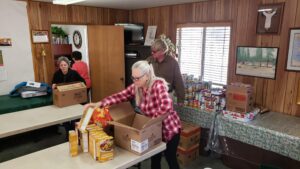 Last year (2020) 190 family units were served in Big Bear Valley, 40 of them at St. Columba’s.
Last year (2020) 190 family units were served in Big Bear Valley, 40 of them at St. Columba’s.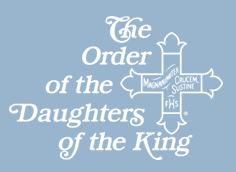 By Krisita A. Jackson
By Krisita A. Jackson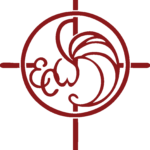
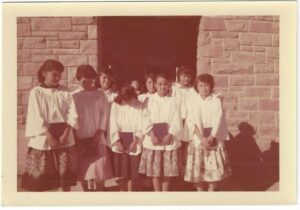 By Esther H. Moon
By Esther H. Moon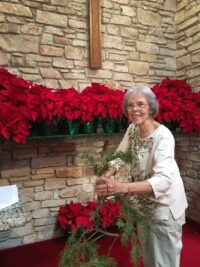 By Lisa Bortner
By Lisa Bortner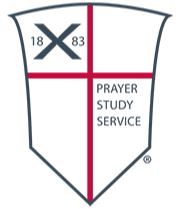 Prior to 2015 the men’s ministry program through the Brotherhood of St. Andrew was the best kept secret in the church. The Great Recession, doctrinal disagreements, the social media explosion and an aging membership population provided an impetus for a do-or-die scenario. Change is difficult enough in the business world. In the nonprofit it is worse because most dedicated souls are volunteers. The men’s ministry program has been around since 1883. We represented the laity in the early years with our evangelism centered around prayer and Bible study. We were passing out Bibles in hotel rooms way before the Gideons even thought of it. We were responsible for today’s Lay Reader program. Moreover, we even put the resolution for the Daughters of the King establishment before the General Convention in 1886.
Prior to 2015 the men’s ministry program through the Brotherhood of St. Andrew was the best kept secret in the church. The Great Recession, doctrinal disagreements, the social media explosion and an aging membership population provided an impetus for a do-or-die scenario. Change is difficult enough in the business world. In the nonprofit it is worse because most dedicated souls are volunteers. The men’s ministry program has been around since 1883. We represented the laity in the early years with our evangelism centered around prayer and Bible study. We were passing out Bibles in hotel rooms way before the Gideons even thought of it. We were responsible for today’s Lay Reader program. Moreover, we even put the resolution for the Daughters of the King establishment before the General Convention in 1886.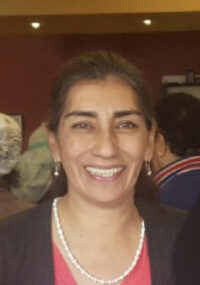 La historia de Eva María Torres Herrera
La historia de Eva María Torres Herrera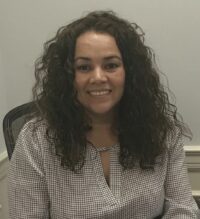 La historia de Isamar Ortega
La historia de Isamar Ortega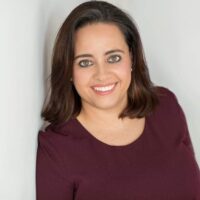 La historia de Paula Callaghan
La historia de Paula Callaghan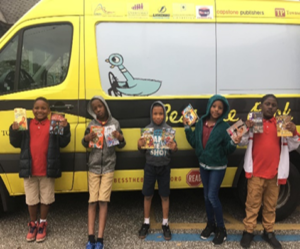 The mission of Cornerstone Kids, Inc. is to assist at-risk inner-city children in their educational, spiritual and emotional development in a safe, secure and nurturing environment.
The mission of Cornerstone Kids, Inc. is to assist at-risk inner-city children in their educational, spiritual and emotional development in a safe, secure and nurturing environment.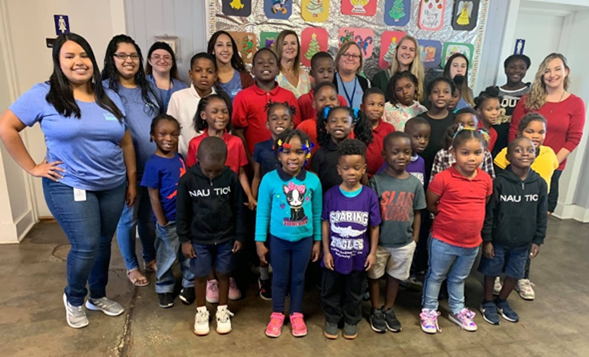 Since the program has been closed, I have been contacting our parents via telephone and text messages to find out how the children are handling their schoolwork online and offering to help any way that I can based on the current condition. Getting the work done online has been a challenge for some of our parents due to no online service or computer; however, the children are still able to complete their work using prepared paper assignments. Many parents expressed how thankful they are of our program for doing what we do on a daily basis with the children. Some expressed how sorry they were for not saying it often enough.
Since the program has been closed, I have been contacting our parents via telephone and text messages to find out how the children are handling their schoolwork online and offering to help any way that I can based on the current condition. Getting the work done online has been a challenge for some of our parents due to no online service or computer; however, the children are still able to complete their work using prepared paper assignments. Many parents expressed how thankful they are of our program for doing what we do on a daily basis with the children. Some expressed how sorry they were for not saying it often enough.